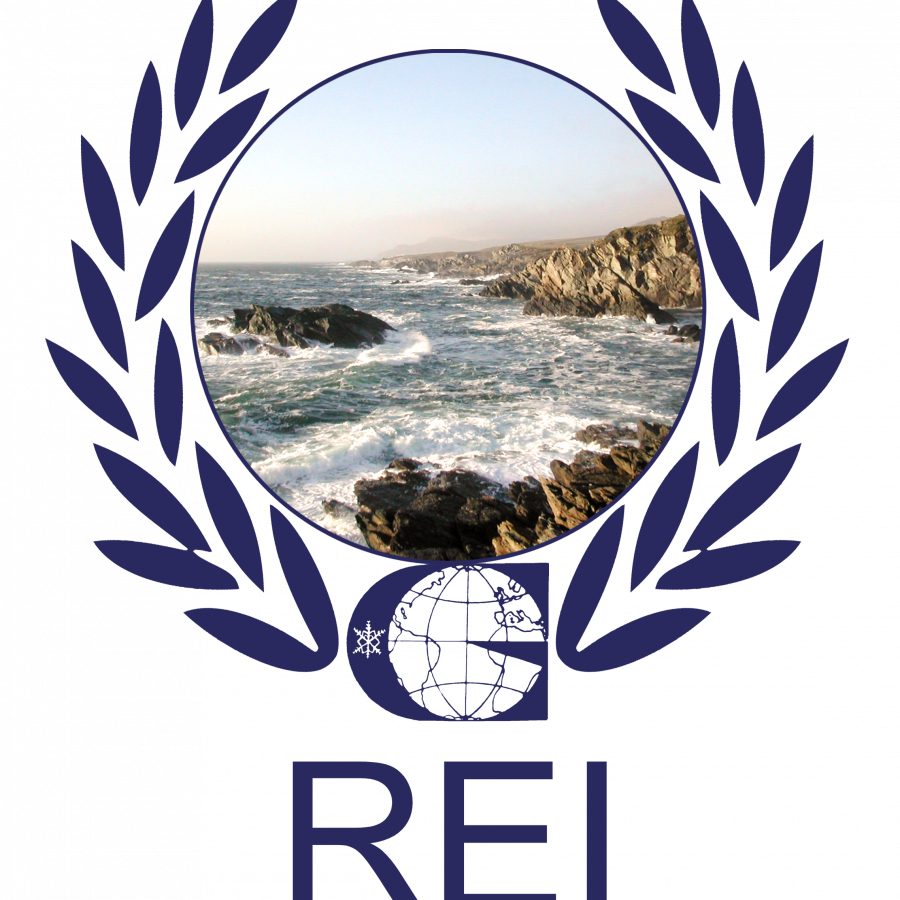Introduction
The principle goal of logistics is to co-ordinate the development of products through the supply chain in a way that meets customer necessities at minimum expense. In the past this cost has been characterised in purely monetary terms. As concern for the environment rises, companies must take more account of the external costs of logistics associated mainly with climate change, air pollution, noise, vibration and accidents.
Objectives
On completion of this practical course you should be able to:
Assess the environmental consequences of logistics and understand how to deal with them.
Understand ways of reducing the externalities and achieve a more sustainable balance between economic, environmental and social objectives.
Get a wide knowledge on green logistics research and discuss its model.
Decide and asses the external impact of freight transport and measure the environmental impact.
Examine the framework for assessing the environmental impact of warehouses and examine ways of reducing the environmental impact.
Recognise and discuss the role of government in promoting green logistics.
Course Outline
Day 1
Module 1: Assessing the Environmental Effects of Logistics
Environmental Sustainability: A New Priority for Logistics Managers
A brief history of green logistics research.
Green logistics: rhetoric and reality.
Future scenarios.
A model for green logistics research.
Assessing the External Impacts of Freight Transport
External impacts.
Environmental standards.
Measuring the environmental impact of freight transport.
Carbon Auditing of Companies, Supply Chains and Products
Guidelines for carbon foot printing.
The carbon foot printing process.
Success factors in carbon foot printing.
Case Study: Carbon Auditing of Road Freight Transport Operations in The UK Evaluating and Internalizing the Environmental Costs of Logistics
Arguments for and against the internalization of environmental costs.
Monetary valuation of environmental costs.
Internalization of the external costs imposed by road freight vehicles in the UK.
Day 2
Module 2: Strategic Perspective
Restructuring Road Freight Networks Within Supply Chains
Traditional network design.
Green network design.
Uncertainty in transport and supply chains.
Uncertainty mitigation approaches in road freight transport networks.
Gaps in our understanding and priorities for research.
Consequences and conclusions.
Transferring Freight To ‘Greener’ Transport Modes
Characteristics of the main freight transport modes.
Environmental impacts of the main freight transport modes.
Case Study: Container Train Load Factors
The policy framework.
Examples of measures aimed at achieving modal shift for environmental benefit.
Rail and water industries.
Development of Greener Vehicles, Aircraft and Ships
Road freight.
Rail freight operations.
Air freight.
Shipping.
Reducing the Environmental Impact Of Warehousing
Scale of the environmental impact.
Increasing resource intensity.
Framework for assessing the environmental impact of warehouses.
Ways of reducing the environmental impact.
Day 3
Module 3: Operational Perspective
Opportunities for Improving Vehicle Utilization
Measuring vehicle utilization.
Factors affecting the utilization of truck capacity.
Optimizing the Routing of Vehicles
Vehicle routing problems.
Types of problem.
Environmental impact.
Increasing Fuel Efficiency in The Road Freight Sector
Fuel efficiency of new trucks.
Vehicle design: aerodynamic profiling.
Reducing the vehicle tare weight.
Vehicle purchase decision.
Vehicle maintenance.
Increasing the fuel efficiency of trucking operations.
Benchmarking the fuel efficiency of trucks.
More fuel-efficient driving.
Fleet management.
Reverse Logistics for The Management of Waste
Waste management in the context of reverse logistics.
The impact of waste treatment legislation.
Reuse, refurbishment markets and take-back schemes.
Managing waste as part of a sustainable reverse process.
Day 4
Module 4: Key Issues
The food miles debate: is shorter better?
Transport and GHGs: is further worse?
Transport, the second-order impacts and the implications for GHGs.
Local versus global and the self-sufficiency question.
Sustainability Strategies for City Logistics
Urban freight research and policy making.
Efficiency problems in urban freight transport.
Urban freight transport initiatives.
Urban consolidation centres.
Joint working between the public and private sectors.
Environmental zones.
Benefits and Costs of Switching to Alternative Fuels
Market developments of alternative fuels.
Current use of alternative fuels in the freight industry.
The future.
E-Business, E-Logistics and The Environment
Business-to-business (B2B).
Business-to-consumer (B2C).
Restructuring of the supply chain.
The future.
Public policy perspective.
Day 5
Module 5: The Role of Government in Promoting Green Logistics
Objectives of public policy on sustainable logistics.
Policy measures.
Reducing freight transport intensity.
Shifting freight to greener transport modes.
Improving vehicle utilization.
Increasing energy efficiency.
Cutting emissions relative to energy use.
Government-sponsored advisory and accreditation.



















Leave a Comment